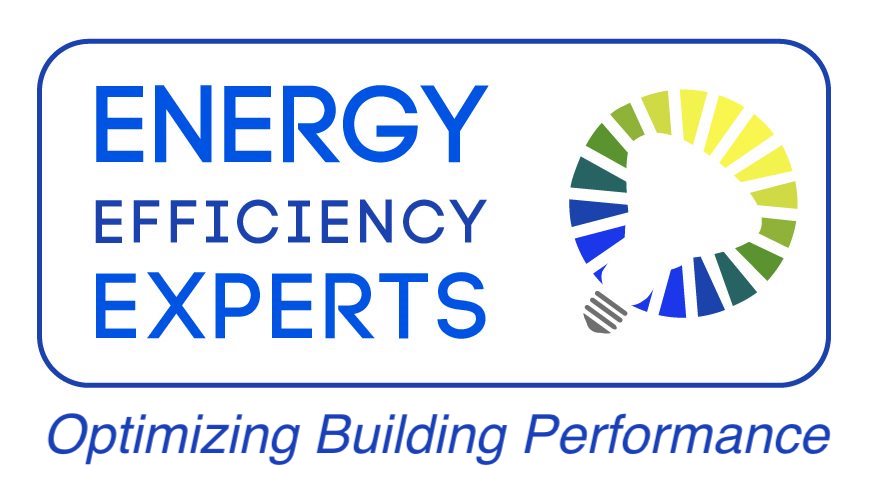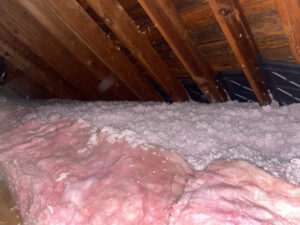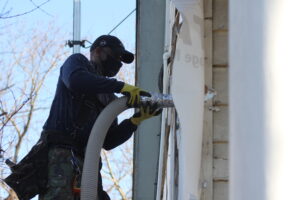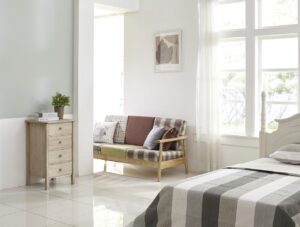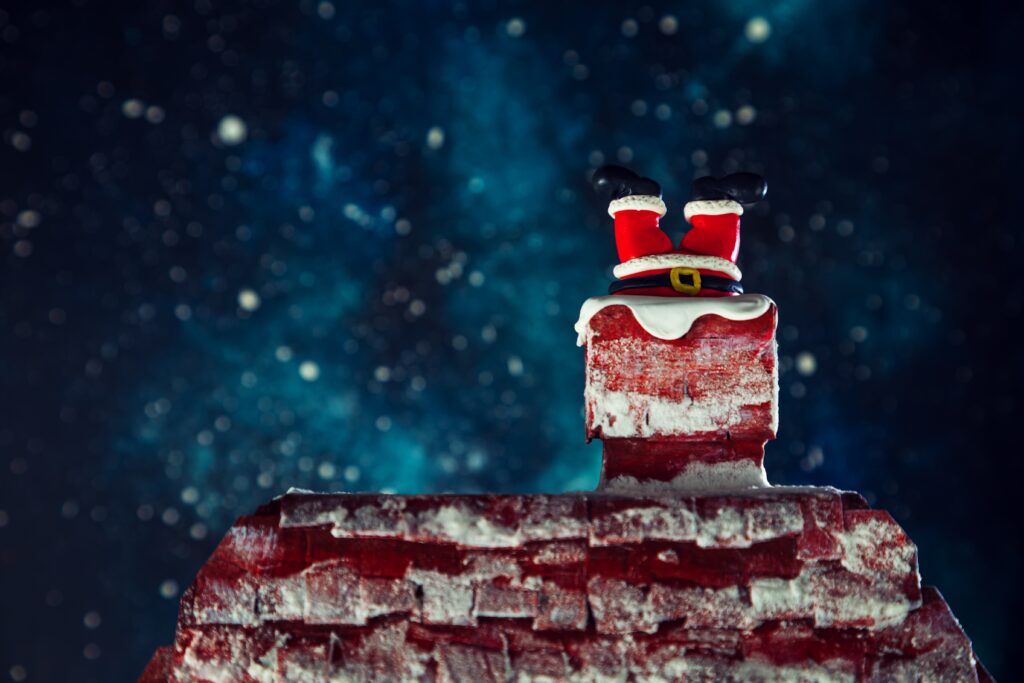
Keeping Your Chim-Chiminey Clear
A couple weeks ago we shared how chimney dampers affect your home’s energy efficiency. However, your chimney’s cleanliness, fireplace type, and the wood you burn can all have a huge impact on your home’s energy efficiency as well as your safety.
In this blog we’ll discuss the following questions:
- How often should chimneys be cleaned, and why?
- How can I keep my chimney clean?
- How do chimneys affect energy efficiency?
- I have concerns about my fireplace and chimney efficiency- how can EEE help?
According to the National Fire Protection Association, chimneys should be inspected and cleaned a minimum of once a year. Wood- burning and oil-burning fireplaces should be cleaned twice a year. A quarter of all fires in the home, about 25,000 to be specific, can be attributed to unclean chimneys. This is from a buildup of tar, soot, and creosote, an oily residue that collects on the inside of chimneys after burning wood. Chimney cleanings also ensure your chimney is clear and able to vent toxic gases like carbon monoxide.
How can I keep my chimney clean?
- Monitor Your Damper: An open damper is like a window to the outdoors; when a fire is burning it provides enough airflow for the wood to burn and operates as a vent for smoke, but without a fire an open damper also allows cold air to infiltrate your home. Always keep your damper open during use, and close it after use.
- Stack Your Wood: The most efficient way to stack logs in the firebox is to place larger logs on the bottom, smaller logs in the middle, and kindling on the very top.
- Burn the Right Wood: Burn firewood with a moisture content of 15-20% as these produce the best, hottest fires. Greener (freshly chopped) woods have a higher moisture content (40-50%) and therefore burn cooler and smokier. This smoke builds up in your chimney.
- Softwood vs. Hardwood: Softwoods are easier to light but less efficient whereas hardwoods burn hotter. Softwoods are ideal for when the weather begins to cool, but for heating purposes, hardwoods are the way to go.
- Avoid younger trees as they have more sap
- Avoid wood older than 3-4 years does not burn as well
- Avoid pine and driftwood
- Never burn your Christmas tree!
- Don’t burn anything other than wood such as wood scraps or painted wood
- Softwood vs. Hardwood: Softwoods are easier to light but less efficient whereas hardwoods burn hotter. Softwoods are ideal for when the weather begins to cool, but for heating purposes, hardwoods are the way to go.
- Keep Your Fireplace Clean: Clear out ashes in the firebox after usage or when ash starts to build up.
- Burn a Chimney Sweeping Log (CSL): Also known as Creosote Sweeping Logs, the chemicals in CSLs help change creosote from its usual gummy consistency to a flaky one. However, while CSLs can help slow creosote buildup, they are by no means a long-term solution and cannot replace annual cleanings.
- Leave Chimney Cleaning to the Experts: While the term “chimney sweep” may conjure images of a dancing Dick Van Dyke, the job is not only very important but also highly specialized. Soot can technically be scrubbed off with the right brushes and DIYs can be found anywhere online, but the best guarantee for safety is to hire a professional.
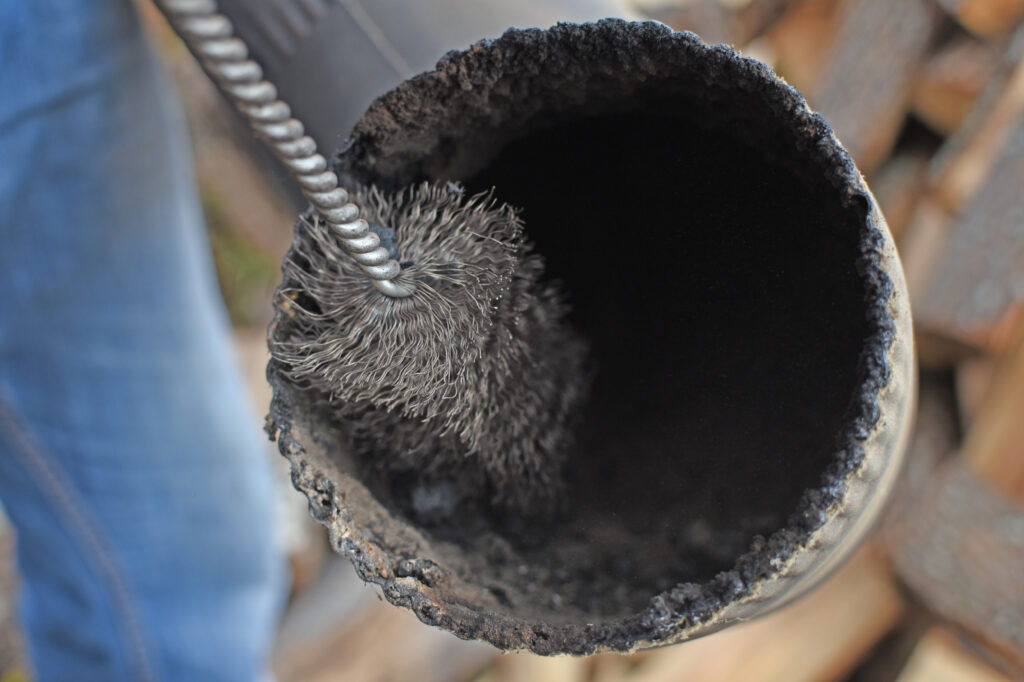
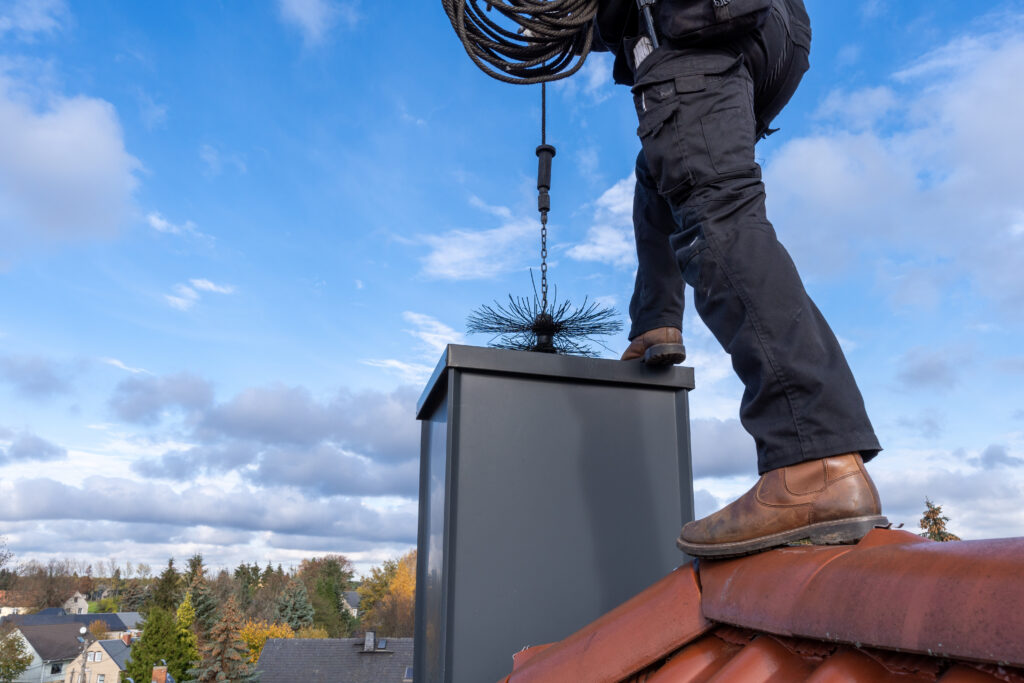
But how do chimneys affect energy efficiency?
Besides being a notable safety concern, your chimney’s cleanliness can impact how efficiently your fireplace operates. When creosote, tar, and other debris build up in a chimney, the airflow to your wood decreases, resulting in the logs producing less heat and more smoke. Furthermore, the harder it is for smoke and gases to travel up the chimney, the higher the likelihood it could vent into your home instead. Homeowners may burn more wood for longer to compensate for lost heat, without realizing their chimney is the problem.
How can we help?
At Energy Efficiency Experts we inspect the structural integrity of your home and look for possible cracks and holes in what we call the “conditioned envelope”, or the shell of your home which contains all your conditioned air. Our focus is bringing attic insulation levels up to current standards along with assessing wall insulation, appliances, indoor ventilation, and more. We also check your fireplace and examine your bills to see if they are impacting your home’s energy efficiency. If you live in the Washington DC/Maryland/Virginia (DMV) area and have concerns about your fireplace or home efficiency, schedule a home energy audit at https://energyefficiencyexperts.com/contact/ or call our office at 202-557-9200.
Curious about what other services we provide? Check out the full list of auditing services and see what our in-house crew can do for you!
